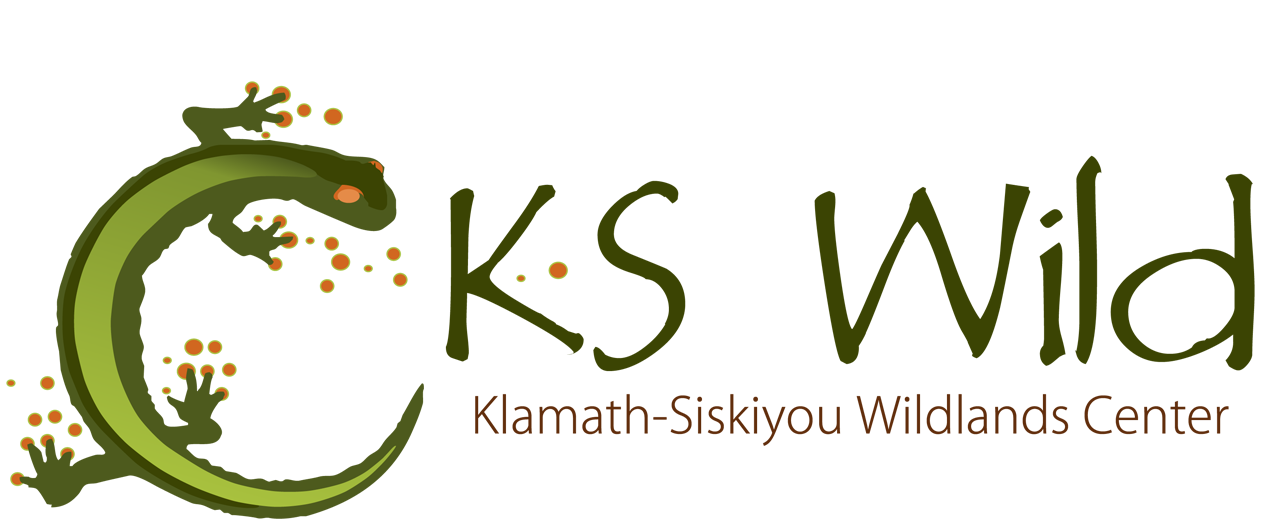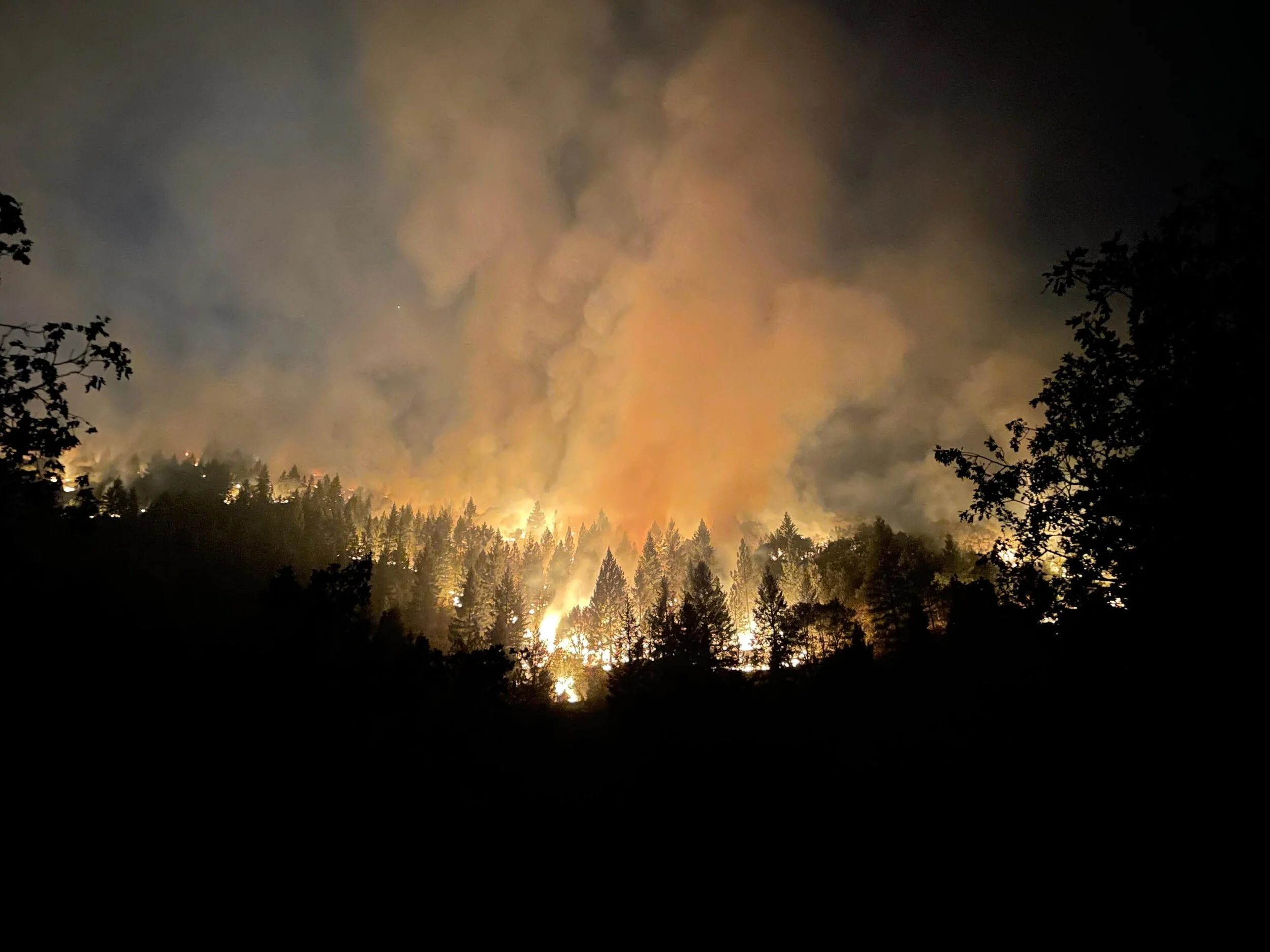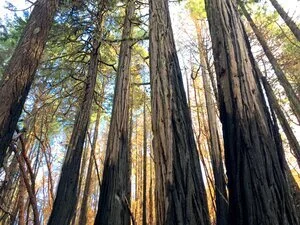We need to protect Oregon lands from climate extremes and harness their potential as a climate solution. The Senate Committee on Natural Resources has scheduled a hearing on SB 530, common-sense legislation that will help increase carbon sequestration on our forests, agricultural lands, and wetlands and improve the resilience of our water, wildlife, and communities. Learn more about SB 530 and action you can take for natural climate solutions in this blog.
Read MoreIn order to adapt to climate change and increased wildfire severity, we need new policies based on climate adaptation for both our communities and our landscapes. While much more needs to be done, as a result of engaged and vocal residents, some of our elected officials are taking action. Here is a rundown of the actions being considered and taken by political leaders at the local, state and federal levels that could help us adapt to the increased risk of wildfire.
Read MoreAs a part of KS Wild’s efforts to advance natural solutions to climate change, we are advocating for the recovery of beaver. These aquatic rodents are a keystone species—their life cycle allows other species to thrive—and their natural dams help native fish and other species adapt to climate change.
Read MoreTo be the eyes and ears of public lands defense requires KS Wild’s ForestWatch staff to be diligent in how we approach the scope of our work. Read about our plans for 2020, which defending public lands in a number of vital ways.
Read MoreInstead of continuing the century-old practice of trying to suppress wildfires, we need to learn from the our native American forebears how to use controlled burns to keep our Klamath-Siskiyou forests healthy and biologically diverse.
Read MoreFor the second talk in KS Wild’s Summer Speaker Series on Fire Management, Dr. Christopher J. Dunn focused on five key things we need to remember in our fire-prone landscape, and a new method derived from his research that may alter how we fight fires in the future.
Read More





